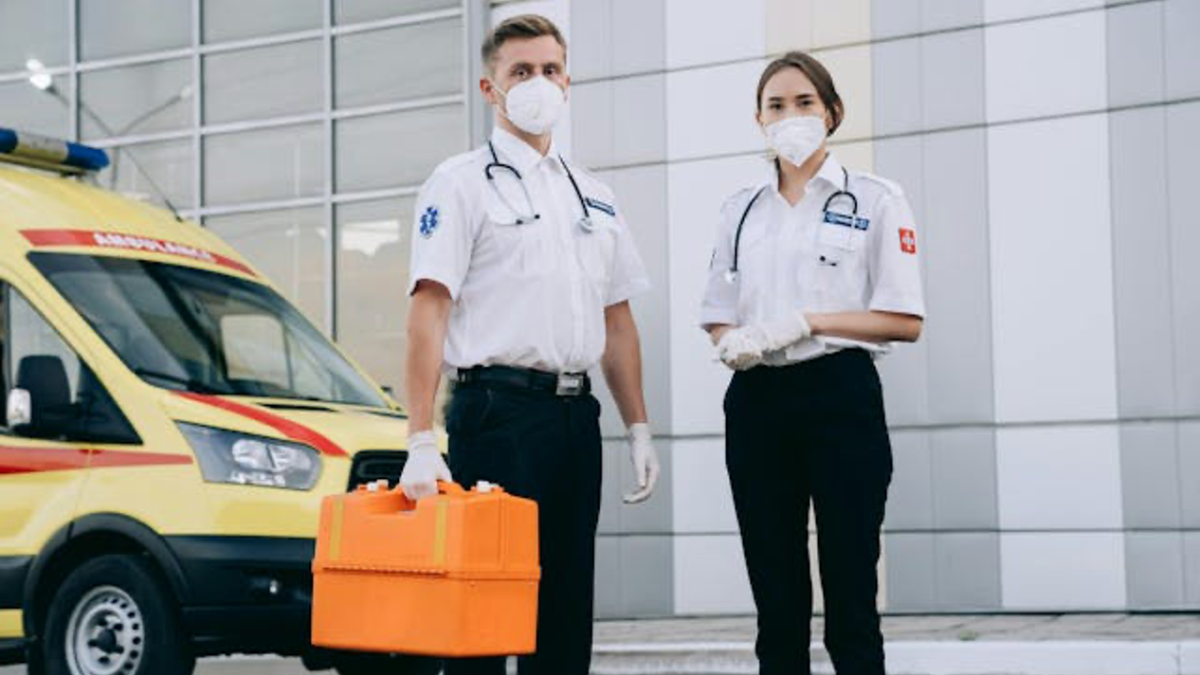Ryan Walterhouse earned an associate degree from Ohlone College, where he played on the school’s baseball team and won a state championship in 2010. He then enrolled at Indiana State University, where he earned a bachelor of arts in criminal justice while playing on the school’s D1 baseball team. After completing his degree, Ryan Walterhouse trained at the Alameda Sheriff’s Department Academy in preparation for a career as a first responder. He spent three years as a police officer with the Oakland Police Department before transitioning into a career as a private security contractor protecting various federal agencies and personnel.
Mr. Walterhouse maintains close ties to the first responder community, providing support and advocacy for those who serve society in uniform. He is particularly concerned about mental health support for the first responder community, which includes federal law enforcement agents, police officers, firefighters, EMTs/paramedics, and emergency nurses.
First responders often work under highly stressful conditions and respond to emergencies that may be hazardous, unsettling, and traumatic. Although they are tasked with protecting and saving lives, they often witness death, injury, and the results of violence, which can have a wide range of long-term effects. These experiences can profoundly affect their mental health, resulting in PTSD, anxiety, desensitization (or over-sensitization) to violence and death, depression, and even an increased risk of suicide or suicidal ideation. The fact that many of these first responders spend long hours away from home without their loved ones, often working the night shift (which can have physical, mental, and emotional effects on their well-being) only serves to exacerbate these symptoms.
Recent studies have shown that 85 percent of all first responders report symptoms that are related to mental health issues. Depression and PTSD, in particular, are five times more common in the first responder community than in the general population. Specific mental health symptoms are particularly troublesome, with 20 percent of police officers and 22 percent of female firefighters experiencing depression. Emergency medical workers have even higher rates of depression, including 37 percent of paramedics and 28 percent of non-paramedic emergency medical services personnel. The levels of PTSD amongst the various first responder groups are equally concerning.
Suicidal behavior is a major concern for first responders, with police officers and firefighters being more likely to die by their own hand than in the line of duty. An astonishing 47 percent of firefighters have engaged in suicidal ideation, with nearly 20 percent having made a suicide plan and 16 percent having made a suicide attempt. Police officers and emergency medical services personnel are also at an elevated risk of suicide, with studies indicating that police officers were 54 percent more likely to die by suicide than those who do not work in law enforcement and EMTs were 39 percent more likely to die by suicide than those in non-emergency vocations.
Society depends on these first responders, many of whom never receive the acknowledgement or support that they deserve. Fortunately, through the advocacy of concerned individuals such as Ryan Walterhouse, awareness about these issues is increasing and more programs are being provided to ensure that first responders have the support they need.

